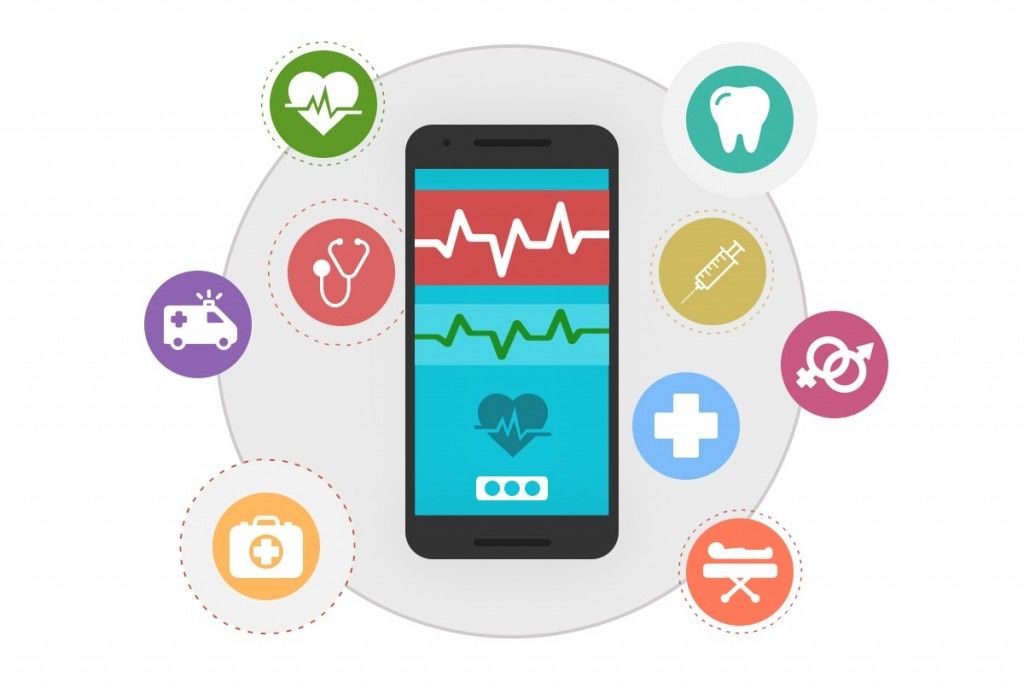In daily life, many people choose traditional Chinese medicine as a means to treat illnesses. Correctly taking Chinese medicine is crucial to ensure effectiveness, so understanding some basic dietary taboos and medication timing is particularly important.
Firstly, avoiding spicy foods is common sense because they may stimulate the intestines and weaken the efficacy of the medicine. Likewise, cold foods such as ice cream, cold drinks, and refrigerated foods should be avoided when taking Chinese medicine, especially for individuals with cold constitution or cold-related diseases, as the intake of such foods should be restricted, including white radish.
Secondly, seafood is generally not recommended for consumption during the intake of Chinese medicine due to its potential to trigger allergic reactions and cause coldness which can harm the spleen and stomach. Additionally, fried foods like fast food and deep-fried items are not only hard to digest but may also lead to excessive internal heat, affecting hormonal balance and hindering recovery.
There is also an art to the temperature at which Chinese medicine should be taken, mostly it should be lukewarm, but the specifics should be followed as per doctor’s advice, as certain special medications may require hot or cold administration.
Timing medication intake correctly is equally important, usually categorized as before meals, after meals, on an empty stomach, or before sleep, depending on the drug’s characteristics and therapeutic needs, it is essential to consult a doctor beforehand.
During medication intake, alcohol should be strictly avoided as it may not only cause adverse reactions with the medicine but also delay recovery and potentially worsen the condition.
It is important to note that mung beans have strong detoxifying properties but may also weaken the drug’s effectiveness, hence they should not be consumed during the period of taking Chinese medicine.
As for the optimal medication timing, it can generally be divided into the following periods: – Taking medication before meals helps the medicine reach the affected area directly, suitable for lower body diseases or intestinal treatments. – Taking medication after meals can reduce gastrointestinal irritation, suitable for treating upper body diseases like heart, lungs, and chest. – Taking medication between meals is suitable for treating spleen and stomach diseases, avoiding food interference with the medicine’s efficacy. – Taking medication before sleep is suitable for calming the mind, aiding sleep, or treating specific localized diseases.
Finally, to enhance medication safety and effectiveness, it is advisable to take medication within 30 minutes to an hour after meals, avoid beverages like tea or coffee that may interact with the Chinese medicine, and observe body reactions after taking the medication, communicating promptly with healthcare personnel if needed. If the taste of the medicine is bitter, adding a moderate amount of sugar is acceptable.
In conclusion, arranging one’s diet sensibly, following medical advice to choose the right medication timing and method is key to ensuring the effectiveness of Chinese medicine.


